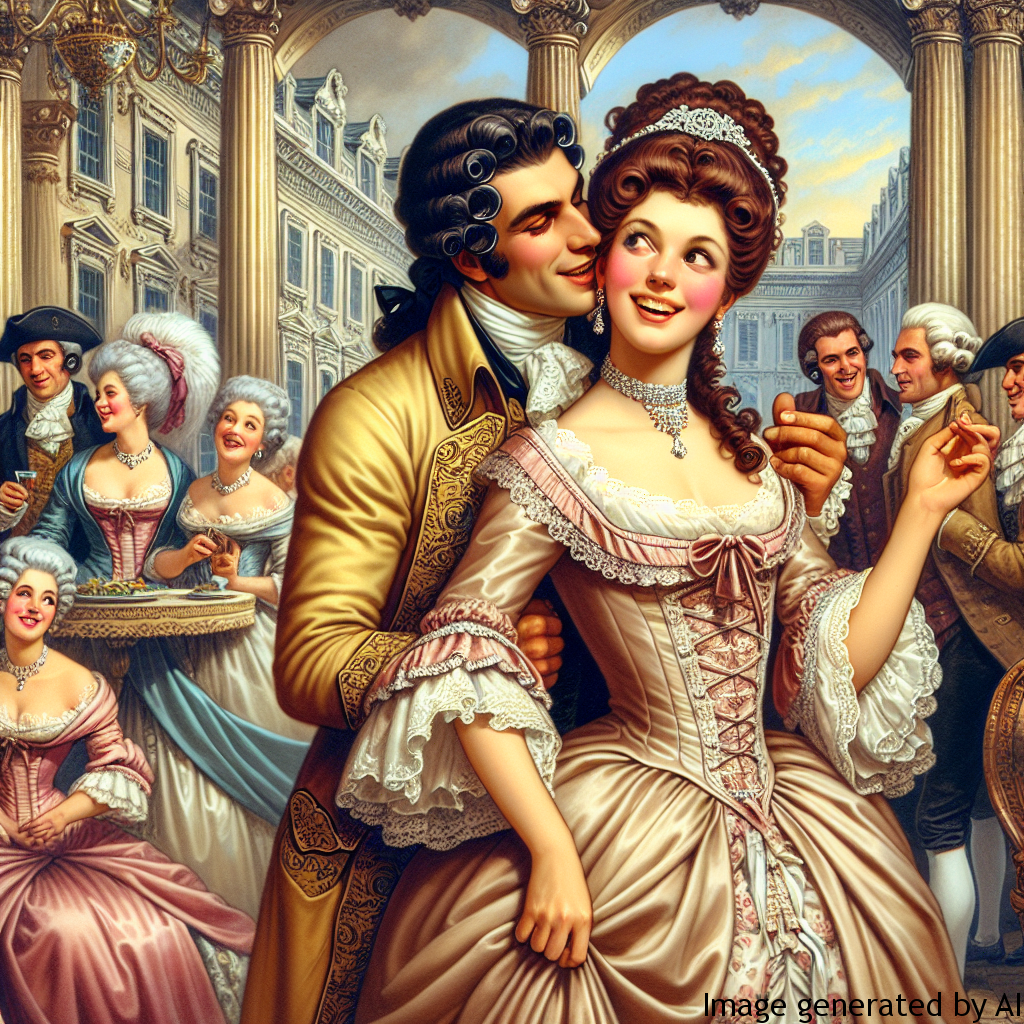Introduction
Giacomo Casanova, an Italian adventurer and author from the Republic of Venice, is best known for his often complicated and elaborate affairs with women that made him a legendary figure in Europe. His name has been synonymous with the art of seduction and has influenced the culture of romance greatly.
However, Casanova’s escapades and the resulting expectations set a certain standard for men’s behavior and can be detrimental to males’ psychological health.
Description of Gender Expectations and Its Impact on Men’s Psychological Health
The Casanova Effect
“Casanova” has become a code name for a suave, sophisticated, and sexually powerful man. This “Casanova Complex” has pushed men to express hypersexual behaviours to validate their masculinity. This unrealistic expectation leads to an increased risk of anxiety, depression, and low self-esteem among men who are unable to meet these standards.
Unhealthy Competitiveness & Relationships
The societal pressure of constantly trying to conquer and woo women can promote unhealthy competitiveness among men and affect their relationships. Men are often expected to suppress any feelings of emotional vulnerability, which leads to a lack of authentic emotional expression and connection in romantic relationships.
Examples of How Gender Roles Can Affect Men’s Lives
Men, who are unable to conform to the “Casanova Complex”, may struggle with feelings of inadequacy, develop a distorted self-perception and may feel the pressure to objectify women as conquests. The disparity between the ideal and their reality can lead to substance abuse, unhealthy relationships, or even violence.
Additionally, men who do adhere to these standards might often find themselves in shallow, unfulfilling relationships, focused more on quantity than on quality.
Tips to Improve Psychological Health Considering Gender Roles
Fight the stereotype: Men should be encouraged to embrace vulnerability and educate themselves about emotional intelligence, instead of reinforcing the “Casanova Complex”.
Open communication: Discussing fears and expectations in the romantic relationship can lead to a healthier and more fulfilling bond.
Therapy: Professional help can be useful in addressing ingrained toxic behaviours and beliefs and promoting healthy habits and relationships.
Authenticity: Prioritize authenticity over mirroring societal expectations. Being genuine in actions and emotions leads to meaningful relationships.
Conclusion
While Casanova’s tales may be alluring, it is important to remember that they are outdated adventures of a bygone era. It’s necessary to reconsider traditional gender roles and promote healthier, more balanced expectations and behaviors among men, improving both their own mental health and their relationships with others.

